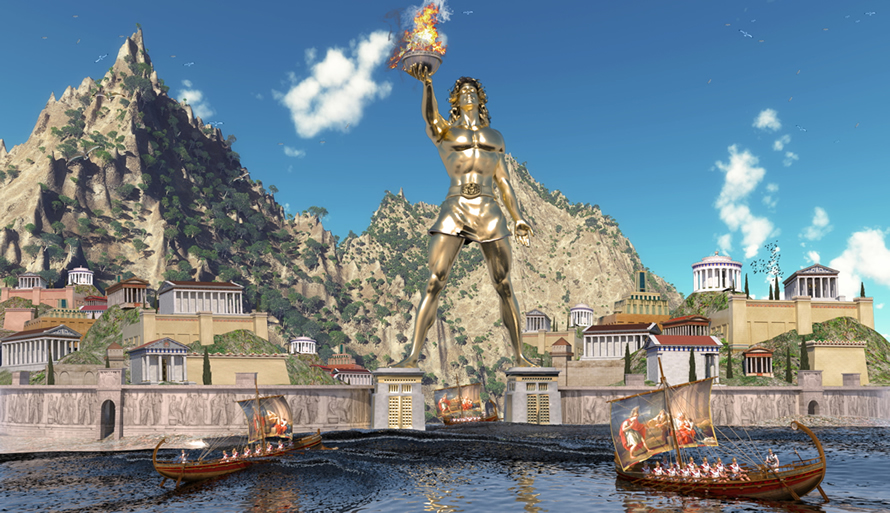2. Chronological Reasoning: Students will learn how to identify, analyze, and evaluate relationships between multiple historical causes and effects. Chronological reasoning also includes the ability to recognize, analyze, and evaluate historical continuity and change over time. In addition to cause and effect and continuity and change, students will also learn to describe, analyze, evaluate, and construct models of historical periodization that involve turning points, narratives and contexts.
3. Comparison and Contexualization: Students will learn how to describe, compare, and evaluate historical developments both within and between different societies, and within chronological and geographical contexts. In addition to comparing historical develoments, students will learn how to connect historical developments to specific circumstances of time and place, and to broader regional, national, or global processes.
4. Historical Interpretation and Synthesis: Students will learn how to describe, analyze, evaluate, and create diverse interpretations of the past--based on primary and secondary historical sources--through analysis of evidence, reasoning, contexts, points of view, and frames of reference. In addition to historical interpretation, students will learn how to synthesize the results of historical thinking skills into meaningful and persuasive understandings of the past.
